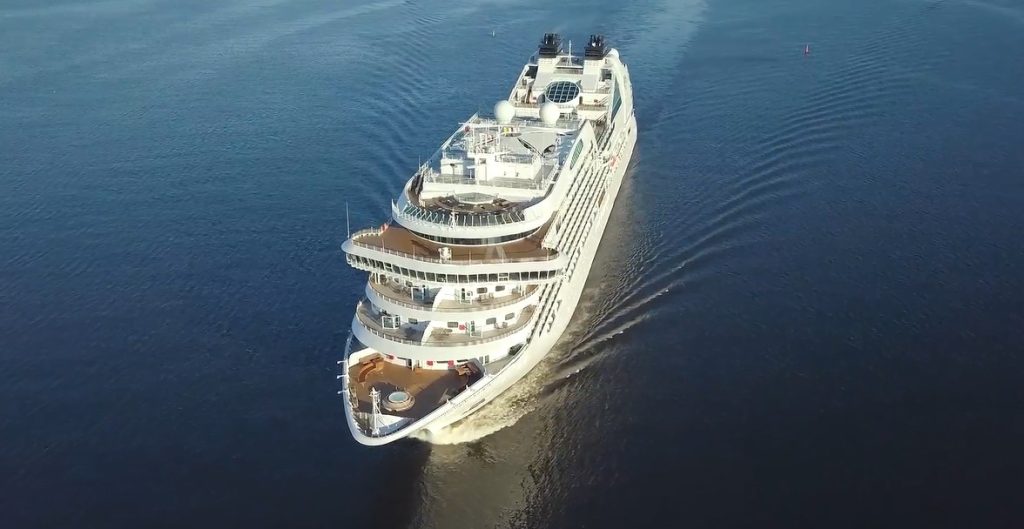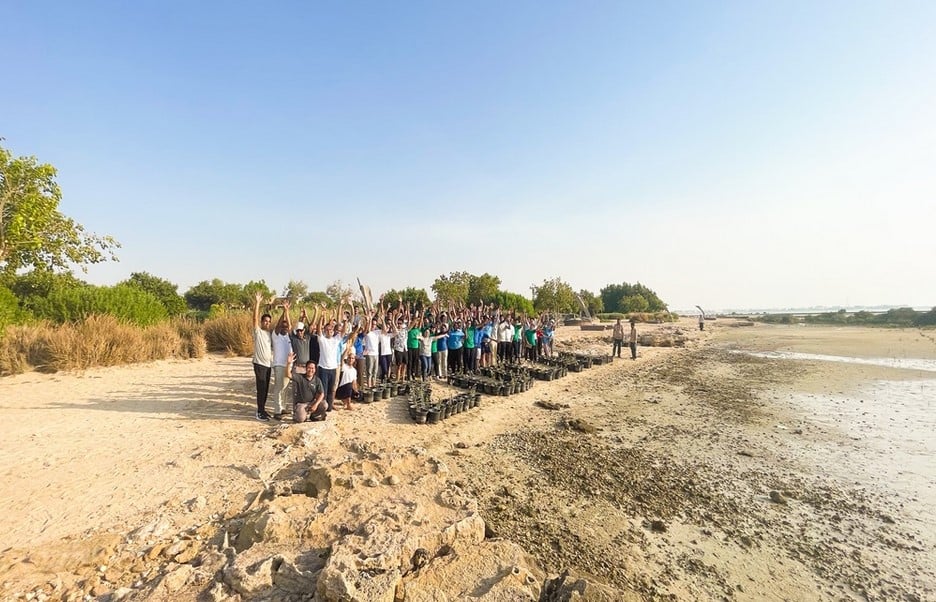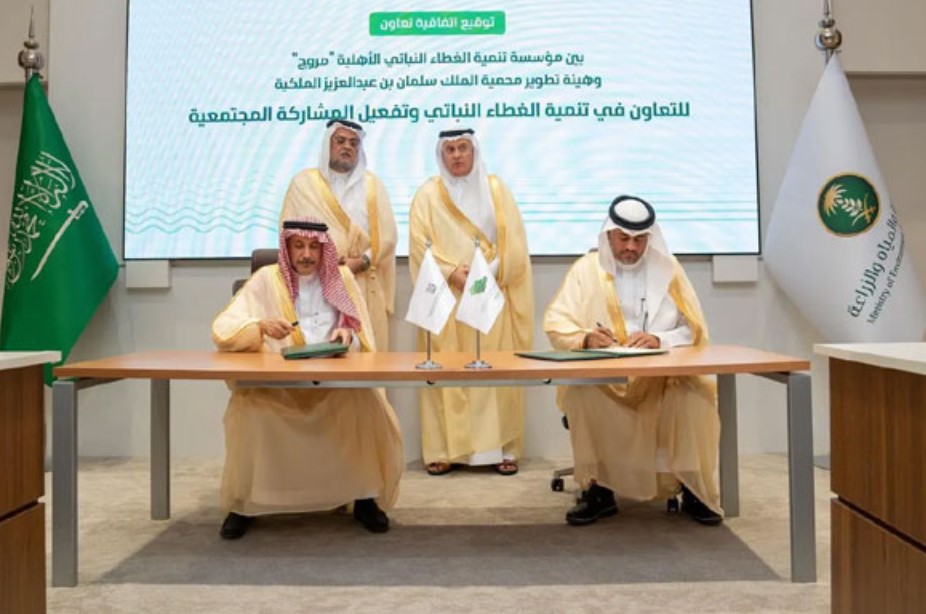The Middle East is going green! Recent initiatives are showing a strong commitment to sustainability across various sectors. Cruise Saudi joins a global UN initiative, while the Zulal Wellness Resort in Qatar supports mangrove conservation, and the King Salman Royal Reserve enhances its vegetation efforts. Here’s the latest on how each organisation is becoming more sustainable.
Clean energy for Cruise Saudi

Saudi Arabia’s Public Investment Fund company, Cruise Saudi, has joined the United Nations Global Compact. This initiative promotes sustainable and socially responsible business practices worldwide. By joining, Cruise Saudi commits to integrating the UN’s Ten Principles on human rights, labour, environment, and anti-corruption into its operations. Cruise Saudi will also collaborate with other sustainability development goals set by the UN which aim to tackle poverty and climate change.
This move aligns with Saudi Arabia’s Vision 2030, which aims for a net-zero future by 2060, emphasising innovative solutions and renewable energy sources.
Mangrove conservation becomes top priority in Qatar

The Zulal Wellness Resort in Qatar is actively supporting mangrove conservation efforts. The resort is engaged in preserving and restoring mangrove ecosystems, which are crucial for coastal protection, biodiversity, and carbon sequestration. To date, they have planted more than 200 mangrove seedlings each year on 26 July, UNESCO’s International Day for the Conservation of Mangroves.
This initiative is part of the resort’s broader environmental sustainability efforts, which include reducing carbon footprints and promoting eco-friendly practices among guests and staff. Mangroves play a vital role in combating climate change by absorbing significant amounts of carbon dioxide, which is why their conservation is a key environmental priority.
King Salman Royal Reserve enhances vegetation efforts

The King Salman Royal Reserve in Saudi Arabia has signed an MoU with Morooj (Vegetation Cover Development Foundation) to enhance vegetation development. The aim is to promote biodiversity and combat desertification by implementing tree-planting projects, research activities, and seed dispersal initiatives.
This reserve is a significant natural habitat in the region, and these initiatives aim to restore natural ecosystems, support wildlife habitats, and contribute to the overall environmental sustainability goals of Saudi Arabia. By improving vegetation cover, the reserve helps mitigate the effects of climate change and preserves the natural heritage of the region.


